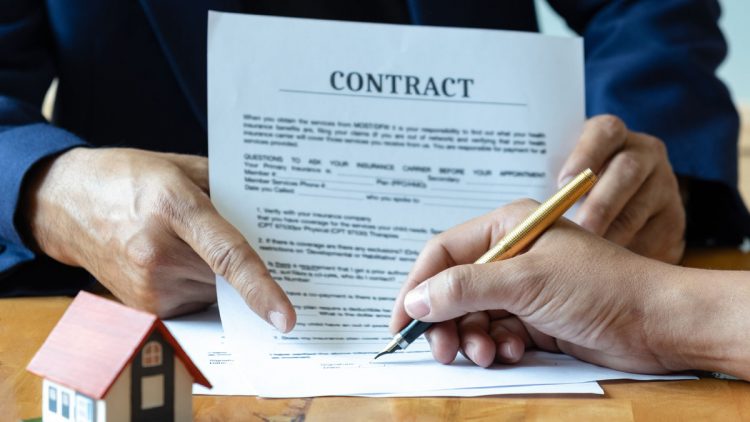Suing Buyer and Sellers For Breach of Contract
Suing a buyer or seller for breach of contract involves legal action taken by a seller when the buyer, or a buyer when a seller. fails to fulfill their obligations under a contract. Here’s a step-by-step guide to help you navigate this process:
1. Review the Contract:
- Understand the Terms: Carefully review the contract to identify the specific obligations of the buyer and the terms that have been breached.
- Identify Breach: Determine how the buyer has failed to meet their contractual obligations. Common breaches include failure to pay, failure to close on the property, or failure to meet deadlines.
2. Gather Evidence:
- Document the Breach: Collect evidence of the breach, such as correspondence, payment records, and any other documentation that shows the buyer’s failure to perform their duties.
- Record Damages: Document any damages or losses incurred due to the breach. This may include lost profits, additional costs, or other financial impacts.
3. Attempt to Resolve Amicably:
- Communicate: Contact the buyer to discuss the breach and attempt to resolve the issue without legal action. This could involve renegotiating terms or agreeing on a settlement.
- Demand Letter: If direct communication fails, send a formal demand letter outlining the breach, the damages suffered, and the resolution sought. This letter should include a deadline for the buyer to respond or rectify the situation.
4. Consult an Attorney:
- Legal Advice: Consult with a real estate attorney or a lawyer specializing in contract law to assess the strength of your case and determine the best course of action.
- Prepare for Litigation: Your attorney can help you understand the legal process, prepare necessary documentation, and represent you in court if necessary.
5. File a Lawsuit:
- Complaint/Petition: Draft and file a complaint or petition with the appropriate court. This document should outline the breach, your damages, and the legal basis for your claim.
- Serve the Buyer: Once the lawsuit is filed, the buyer must be formally served with the legal documents, notifying them of the lawsuit and the claims made against them.
6. Proceed with Litigation:
- Discovery: During the discovery phase, both parties exchange evidence and information related to the case. This may involve depositions, interrogatories, and requests for documents.
- Settlement Negotiations: There may be opportunities to negotiate a settlement during the litigation process. A settlement can resolve the dispute without going to trial.
- Trial: If a settlement cannot be reached, the case will proceed to trial. Both parties will present their evidence and arguments, and a judge or jury will make a decision.
7. Obtain a Judgment:
- Court Ruling: If the court rules in your favor, you will receive a judgment awarding damages or other remedies. The judgment can include compensation for financial losses, specific performance (forcing the buyer to fulfill the contract), or other relief.
- Enforcement: If the buyer does not voluntarily comply with the judgment, you may need to take additional steps to enforce the court’s decision, such as garnishing wages or seizing assets.
8. Consider Alternative Dispute Resolution:
- Arbitration/Mediation: If the contract includes an arbitration or mediation clause, you may be required to use these methods before or instead of filing a lawsuit. These processes involve a neutral third party helping to resolve the dispute.
Tips for Success:
- Documentation: Keep thorough records of all communications, agreements, and breaches related to the contract.
- Timeliness: Act promptly to address breaches and pursue legal action to avoid potential delays or complications.
- Legal Expertise: Work closely with your attorney to ensure that your case is handled effectively and that your rights are protected.
Suing a buyer for breach of contract can be a complex and time-consuming process. By following these steps and seeking professional legal assistance, you can navigate the process and work towards a favorable resolution.
Craig Cherney is a trusted client advisor and a sought after real estate lawyer and expert witness who is hired by the nation’s top Real Estate Litigation Attorneys to help resolve their litigated real property matters. Craig has appeared as a testifying expert witness before judges and juries in California, Arizona, Nevada and other jurisdictions across the country. Craig Cherney, Esq. Expert Witness Real Estate. 480-399-2342. If you are litigating an easement case, Craig Cherney might be able to help you advance and win your case.
